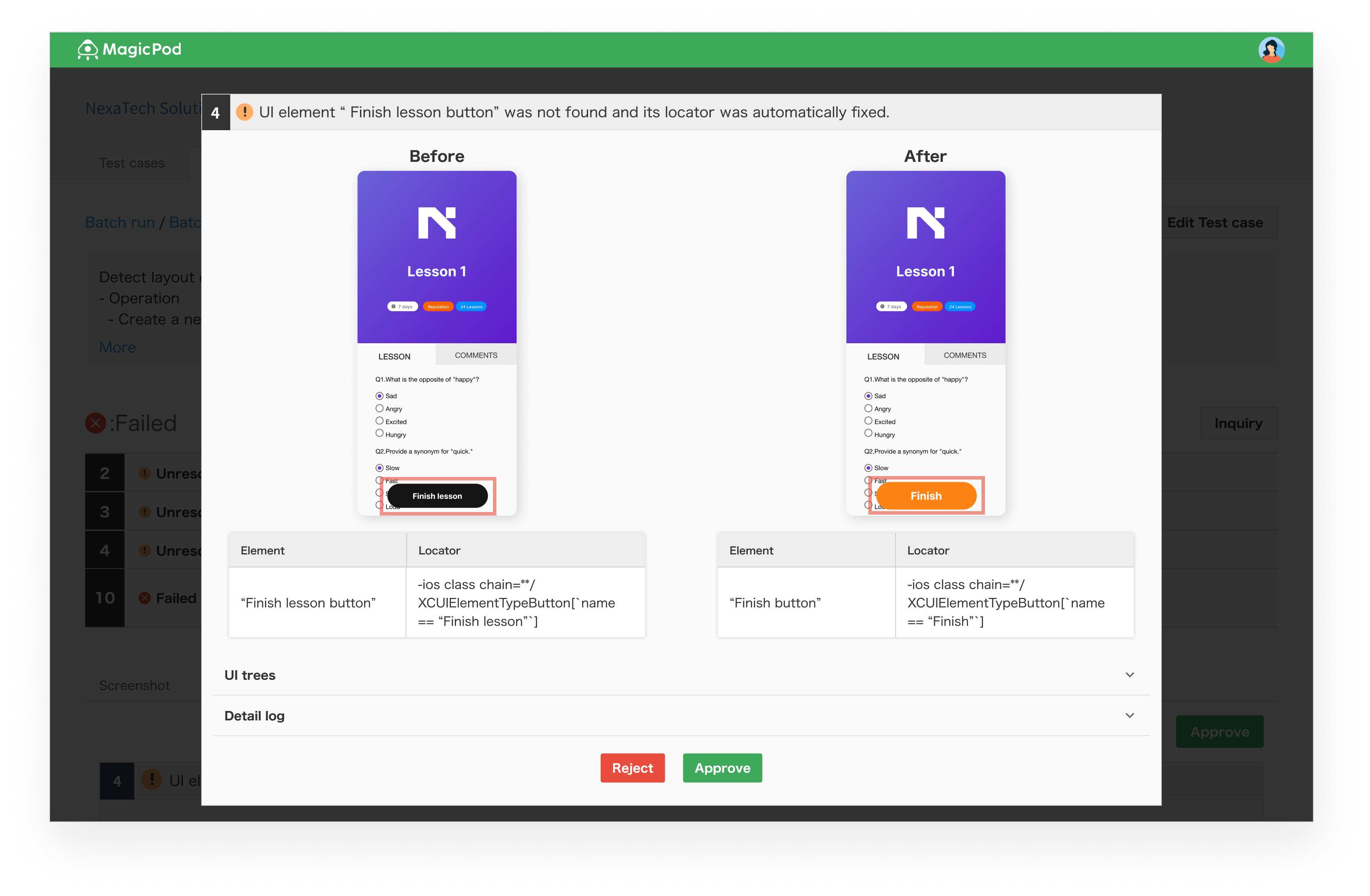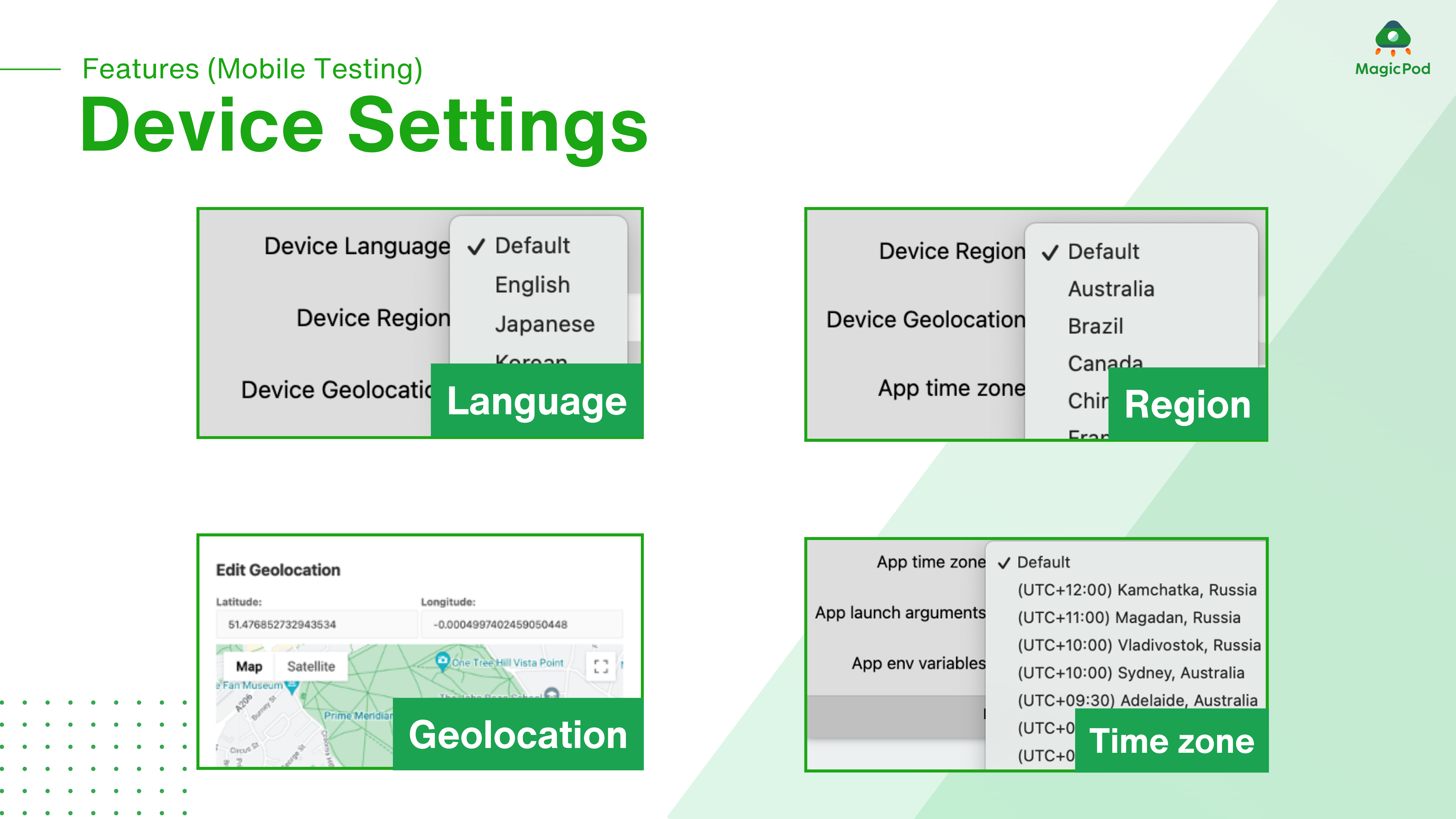Japan’s MagicPod takes its no-code testing platform global
Tokyo-based MagicPod is a no-code test automation platform for web and mobile apps that, until now, almost exclusively focused on the Japanese market. There, it counts Line, Japan’s most popular messaging app, among its over 500 customers. Today, the company is launching version 1.0, and with that, it is making a push for the global market by offering an English-language version of its service. As a part of today’s launch, MagicPod is also adding support for Flutter apps.
At the core of MagicPod’s support for web apps is Selenium, the popular open source test automation tool. MagicPod founder Nozomi Ito organized SeleniumConf Tokyo 2019 and the Japan Selenium User Community, after launching version 0.1 of MagicPod in mid-2017. Long before that, in 2012, Ito started another company that focused on test automation, Trident, which has since morphed into MagicPod.
In those early days, Ito told me, the company mostly offered consulting and outsourcing services around test automation. At the time, few developers in Japan had the skills to set up Selenium from scratch. “I decided that I wanted to make more people use test automation, so I decided to create an easy-to-use no-code service,” he said. The early version was still very basic, but the team slowly added more features and brought on new users. By July 2021, MagicPod raised a $2.4 million funding round from STRIVE and Angel Bridge
For mobile apps, the service uses the Appium open source project to power many of its capabilities. One of MagicPod’s 23 employees today is Appium committer Masayuki Wakizaka. The team also includes a number of authors and translators who have worked on Selenium books.
“During the last year, we made an effort to support English and add time zone support. We also finished a number of major milestones and decided to make this version 1.0,” Ito said.
Using MagicPod, developers can easily automate most of their UI testing one step at a time, all without having to write any code. They can use the built-in device emulator for mobile app testing, or test on real-world devices they either own themselves or through integrations with SauceLabs, BrowserStack and HeadSpin.
For web apps, MagicPod can run the tests across the most popular browsers, including Chrome, Edge (including IE mode), Safari and Firefox. The service also integrates with popular continuous integration services like Jenkins, CircleCI, GitHub Actions and Bitrise.
After a test is completed, MagicPod provides a full set of results. One nifty feature here is that if developers make small changes to an app (say change the text on a button or move it around), the service’s AI engine can detect that and fix the test script automatically.
While the promise of MagicPod is to be a no-code service, Ito noted that some developers on the platform do want to see the code and extend it. Ito noted that MagicPod’s systems were always designed to support mixing code and no-code and the company plans to support this in the future. He also noted that while the service currently focuses on UI testing, the team is thinking about what it can do around API and load testing, but he noted that this may require raising more funds in the future.
Pricing for MagicPod starts at $400/month on an annual contract (or $500 on a month-by-month basis) for either the mobile or browser testing plan. This includes unlimited device usage time and up to 100 test cases. There’s also a free two-week trial.






